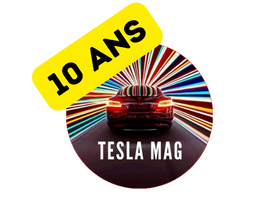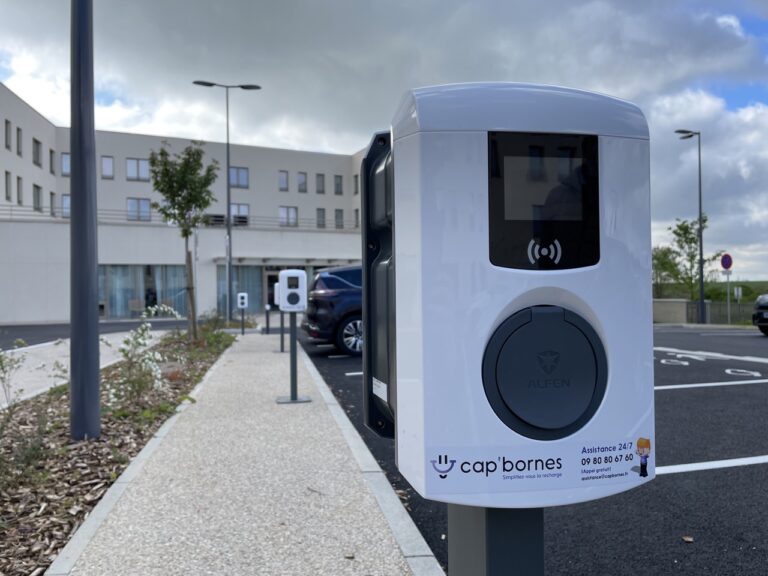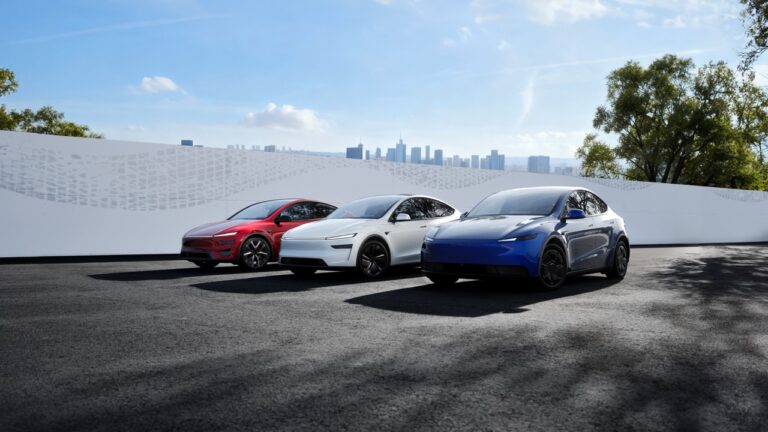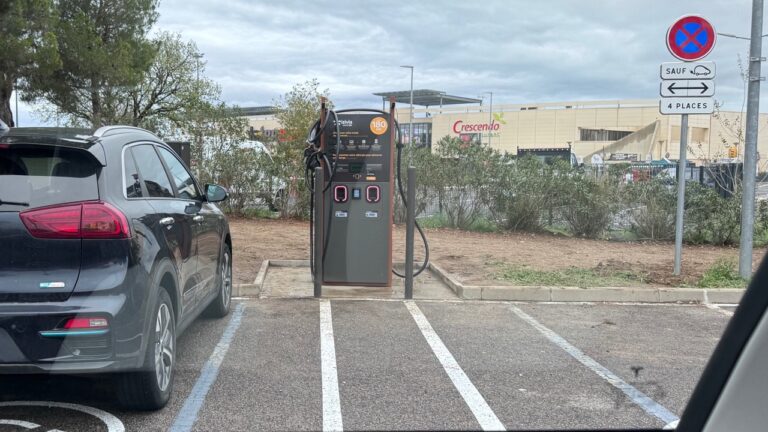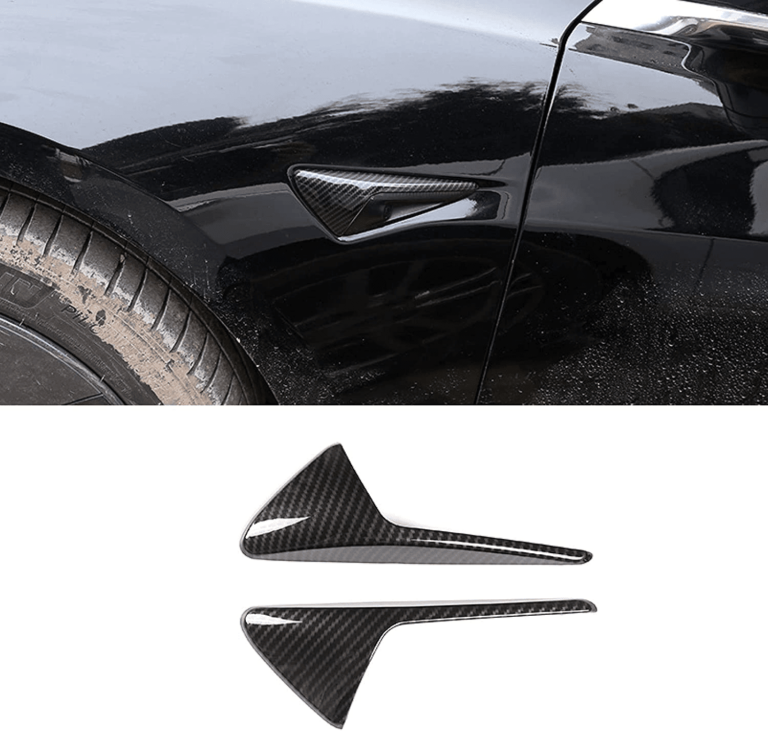China’s electric vehicle (EV) industry has become a global force, making significant strides into Europe. This article explores a recent report by ABI Research highlighting the Chinese EV market’s push into Europe and the implications for both regions. Here we’ll cover the essential details of the report and offer an opinion on the matter.
Key Findings
1. Rising Chinese BEV Imports to EU
In 2030, 1.2 million Chinese-made Battery Electric Vehicles (BEVs) are projected to be imported by the European Union (EU), making up 12% of the EU’s BEV sales. This growth is a testimony to China’s commanding position in the EV industry.
2. Chinese Brands’ European Launch
Brands like BYD, XPENG, and NIO will be launching models across Europe in 2023, putting Western automakers on alert. The industry analysts point out that Chinese manufacturers are more experienced and entirely focused on EVs, with competitive pricing and quality.
3. Reversing Trade Flow
Over the past five years, EU exports to China have decreased, while imports of Chinese cars have quadrupled. In 2022, China became the biggest source of imported cars for the EU at 6%, with 28% of the EU’s BEVs coming from China.
4. Western Automakers and China
Western manufacturers are utilizing China as an export base, capitalizing on local supply chains. Notably, Tesla produces 40% of its European vehicles in China, while BMW’s iX3 is exclusively produced in China.
5. Motivations and Consequences
Chinese Original Equipment Manufacturers (OEMs) are driven overseas by overcapacity, economic slowdown, and domestic competition. The European market appears promising due to high EV demand and few protectionist measures. The Chinese brands’ entry and Western OEMs’ relocation to China are poised to disrupt the European automotive supply chain.
Opinion
The data presented paints a clear picture of China’s aggressive expansion into the European EV market, both through its native brands and collaboration with Western manufacturers. This reflects a global shift in automotive manufacturing and hints at a new era of competition.
Positive Aspects
- Consumer Benefit: European consumers may benefit from competitive prices and diverse options.
- Global Collaboration: Enhanced collaboration between Chinese and Western manufacturers may stimulate innovation and growth in the global EV sector.
Concerns
- Impact on Local Industry: The sudden influx of Chinese-made BEVs might affect local manufacturers, potentially leading to job losses and market volatility.
- Supply Chain Disruption: The disruption in the European automotive supply chain could lead to uncertainties and challenges for existing players.
Conclusion
China’s ambitious expansion into the European EV market signifies a pivotal moment in the automotive industry’s evolution. While this growth can lead to increased competition and consumer options, careful consideration must be given to the potential impacts on local industries and supply chains.
The strategies of both Western and Chinese players in the automotive landscape will determine the success and harmonious growth of the global EV market. Future policies and market dynamics will need to balance innovation, competition, and sustainability to navigate this complex and rapidly changing landscape.
Disclaimer: The insights and opinions presented in this article are based on the information provided in the ABI Research’s report and do not represent the views of Tesla Mag or any affiliated organizations.
